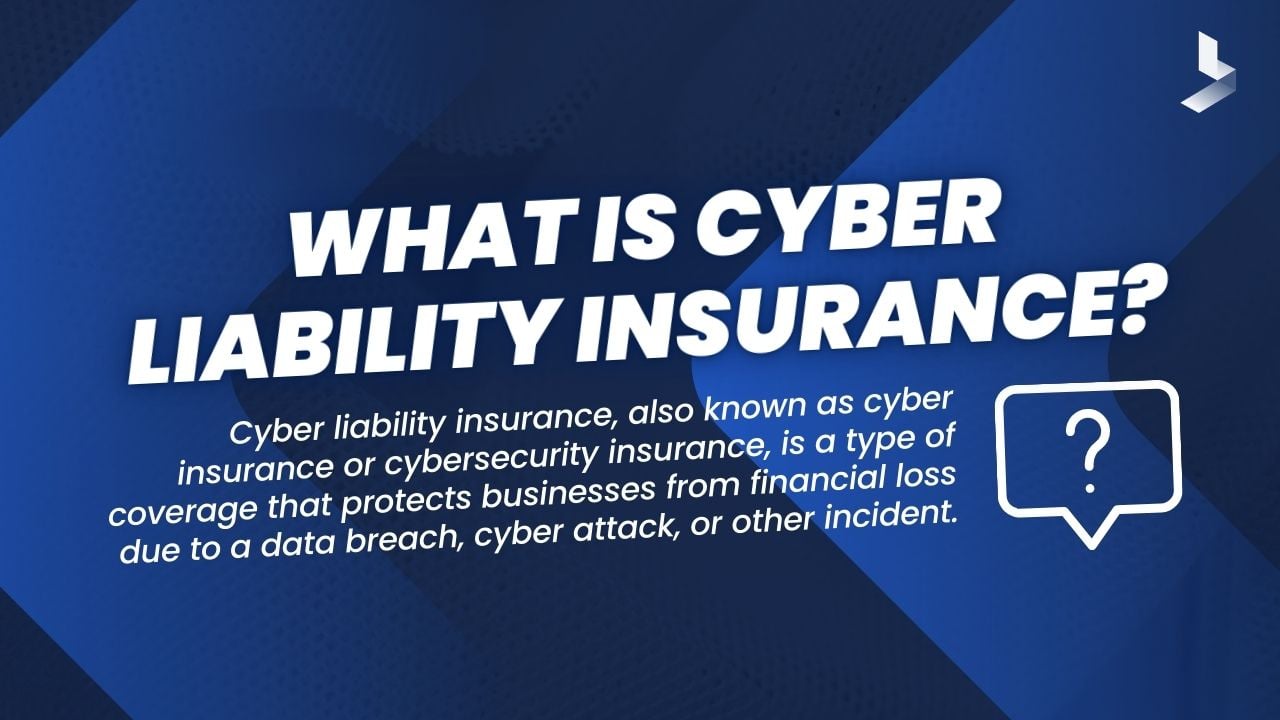Heading 2: The Growing Threat of Cyberattacks
In today’s digital age, our lives are increasingly intertwined with technology. From banking to shopping, socializing to working, we rely on the internet for almost everything. However, this digital interconnectedness also exposes us to a growing threat: cyberattacks. These malicious acts can range from simple phishing scams to complex ransomware attacks, capable of crippling businesses and individuals alike.
The Evolving Landscape of Cybercrime
Cybercrime has evolved at a rapid pace. Gone are the days of simple viruses and spam emails. Today, cybercriminals are highly organized and sophisticated, armed with advanced tools and techniques. They target individuals, businesses, and even governments, seeking to steal sensitive data, disrupt operations, and extort money.
The Impact of Cyberattacks

Image Source: bitlyft.com
The consequences of a successful cyberattack can be devastating. For individuals, it can lead to identity theft, financial loss, and emotional distress. For businesses, the impact can be even more severe, including:
Data breaches: The loss of sensitive customer data can damage a company’s reputation and lead to costly legal battles.
The Role of Cyber Insurance
Cyber insurance can act as a crucial shield against the growing threat of cyberattacks. It provides financial protection and expert support in the event of a data breach or other cyber incident.
Key Benefits of Cyber Insurance:
Financial compensation: Cyber insurance can cover the costs associated with a data breach, including legal fees, forensic investigations, public relations, and potential settlements.
Types of Cyber Insurance Coverage
Cyber insurance policies can vary widely in terms of coverage and cost. Some common types of coverage include:
Data breach coverage: This covers the costs associated with notifying affected individuals, conducting forensic investigations, and implementing remediation measures.
Choosing the Right Cyber Insurance Policy
When selecting a cyber insurance policy, it is important to consider the specific needs and risks of your business. Factors to consider include:
Industry and business size: Different industries and businesses have varying levels of risk.
Conclusion
In today’s digital landscape, cyber insurance has become an essential tool for protecting businesses and individuals from the growing threat of cyberattacks. By providing financial protection and expert support, cyber insurance can help mitigate the risks and consequences of data breaches and other cyber incidents.
In the digital age, where information is the new currency, data breaches have become an alarmingly common occurrence. These cybercrimes, often executed with sophistication and stealth, can have devastating consequences for individuals, businesses, and entire industries. From identity theft to financial ruin, the fallout from a data breach can be far-reaching and long-lasting.
The Growing Prevalence of Data Breaches
The frequency and severity of data breaches have been on a steady rise in recent years. The sheer volume of personal and sensitive data stored online, coupled with the increasing sophistication of hacking techniques, has made it easier for cybercriminals to target vulnerable systems. Whether it’s a massive hack of a major corporation or a targeted attack on a small business, the potential for data breaches is ever-present.
The Impact of Data Breaches
The consequences of a data breach can be both immediate and long-term. Individuals may find themselves victims of identity theft, credit card fraud, or other financial crimes. Businesses can suffer significant financial losses, damage to their reputation, and disruption to their operations. In some cases, data breaches can even lead to legal action and regulatory fines.
Common Types of Data Breaches
Phishing: One of the most common methods of data breaches, phishing involves sending deceptive emails or messages that trick individuals into revealing their personal information.
Protecting Yourself from Data Breaches
While it is impossible to completely eliminate the risk of data breaches, there are steps that individuals and businesses can take to protect themselves:
Use Strong Passwords: Create complex passwords that are difficult to guess and avoid using the same password for multiple accounts.
In the face of the growing threat of data breaches, it is essential for individuals and businesses to be aware of the risks and take proactive steps to protect themselves. By staying informed and adopting best practices for cybersecurity, we can help to mitigate the devastating consequences of these cybercrimes.
Cyber Insurance: Protecting Your Business from Data Breaches